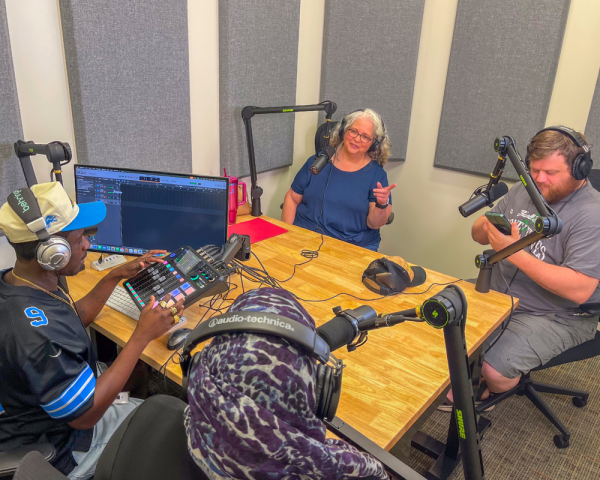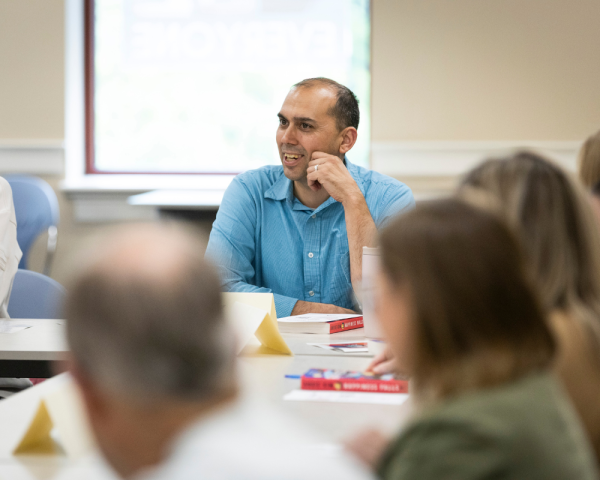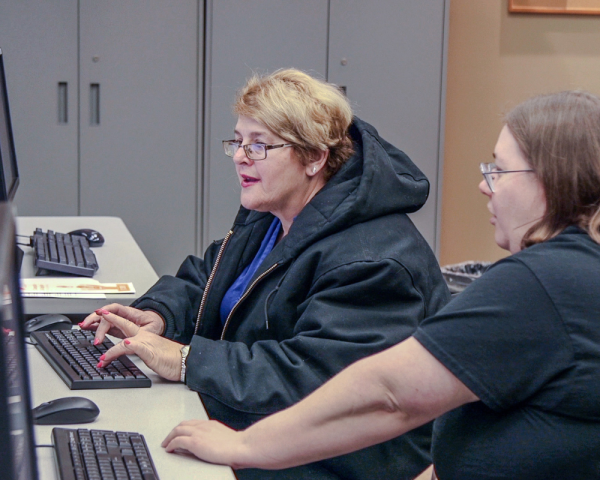

Website Search
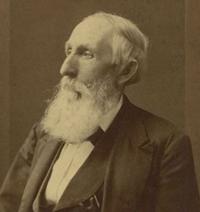
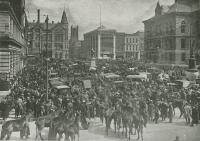
Illustrated Lexington Kentucky contains photographs, demographics, commerce and financial information about Lexington up to 1919.
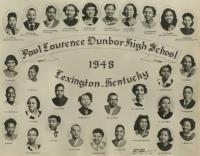
Dunbar High School opened in 1923 at 545 North Upper Street as the only all-black high school in Lexington’s city school system.

The Kentucky Mountain Club was founded in 1929 as a social organization for residents of Lexington, Kentucky, who had been born or resided in the counties of eastern Kentucky.

The Lexington Musicians' Association is the local chapter of the American Federation of Musicians (Local 554-635) and was chartered in 1910.
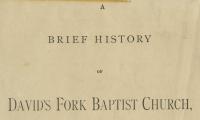
In 1768, Lewis Craig and other members of the Spotsylvania Baptist Church were arrested for preaching without a license issued by the Church of England. Their case was later defended by Patrick Henry.
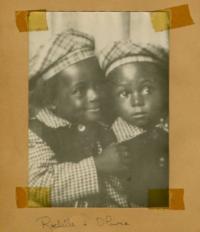
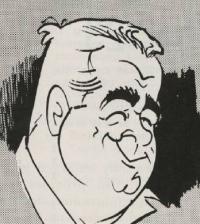
The Around the Town in Lexington, Kentucky magazine pamphlet contains advertisements for local attractions, apartment homes, restaurants, and hotels.
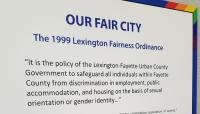
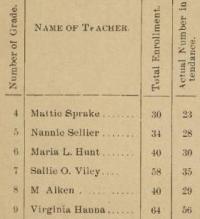
The city reports and ordinances for Lexington contain a wide variety of information about the people, infrastructure, and businesses.
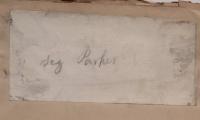
The Cyrus Parker Jones Funeral Notice collection contains 667 funeral cards of Lexington residents during the years of 1806-1886.

The Library's digitized collection includes some non-Fayette County directories for businesses, farms and residences.
Eligible applicants can complete this form to apply for a digital library card.

The Take Back Cheapside Collection is a community collection from DeBraun Thomas. The featured postcard of the historic Fayette County Courthouse at was used as a part of the Take Back Cheapside movement in Lexington in 2017.
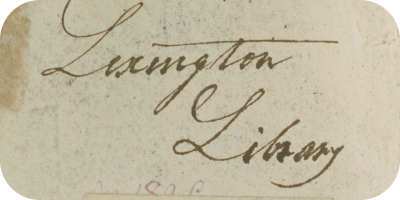
Learn more about Fayette County and our rich history with the Kentucky Room's Digital Archives. Search photo collections, historical newspapers and publications, and community collections with a simple search. New material is continually being scanned and added.
New to the U.S. and Lexington community? Check out these programs for English language learners.
The True American was an anti-slavery newspaper started by Cassius Marcellus Clay in June 1845. He ran the paper in Lexington until August of 1845, when he published an article deemed so incendiary that at court injunction was issued against his printing, and his press shipped to Cincinnati. An advocate of the right to a free press, and his right of free speech, Clay continued printing the paper through 1847 in Cincinnati. The paper was distributed in Lexington. While focused on advancing the cause of emancipation, Clay also published poetry, agriculture, labor, and commercial news. There are also marriage and death notices from the surrounding area, some national.
Melissa Coulston is Partnership Coordinator at Kentucky Refugee Ministries Lexington, where she has worked since 2022. Her role at KRM involves wearing many different hats depending on the day, but she primarily works to engage central Kentucky communities to support KRM's work to welcome forcibly displaced newcomers. Prior to her work in refugee resettlement and newcomer welcome, Melissa served in various positions in academic, public, and government libraries in Kentucky and South Carolina.


